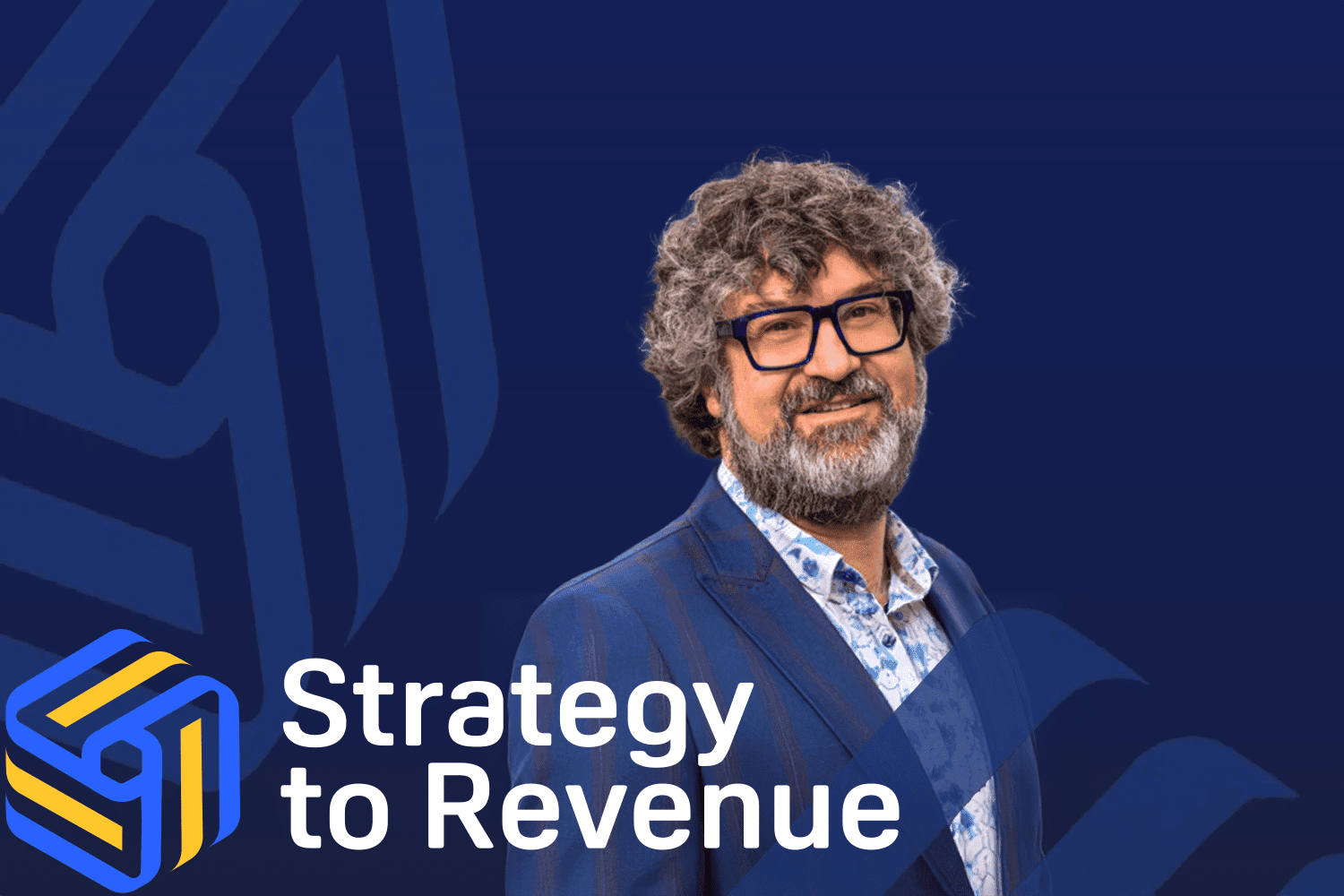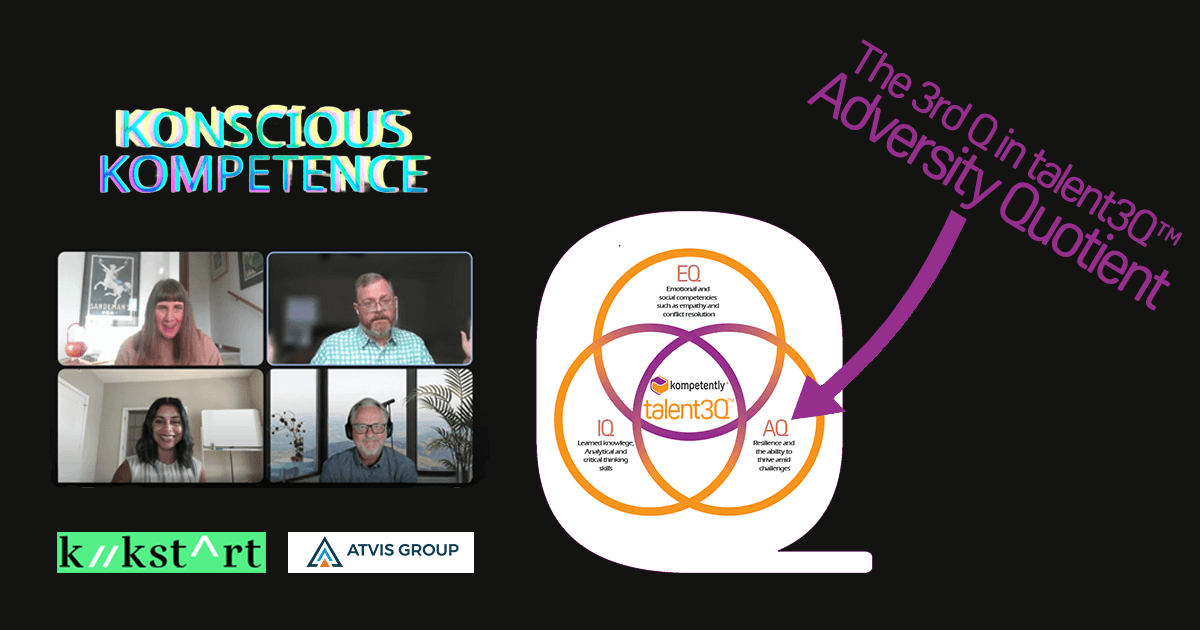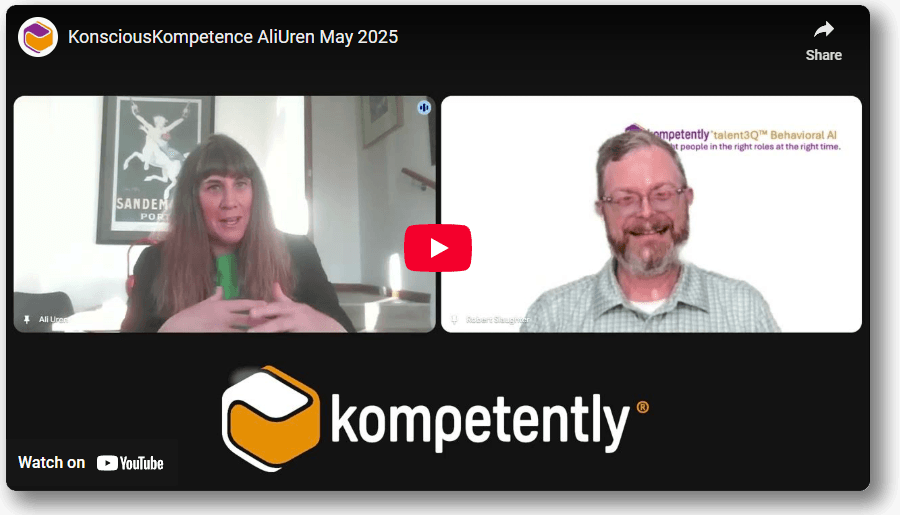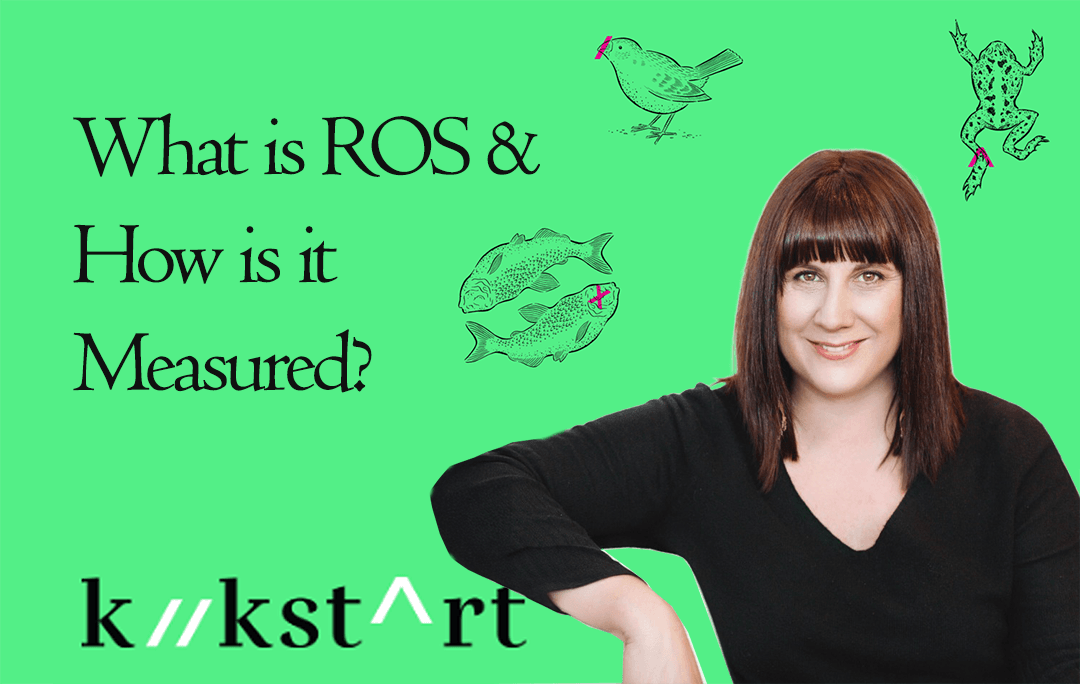Unlocking Human Potential
Mirror, Mirror on the Wall: Why do Imitations Fall?
The Tale of Organizational Performance: “I want the best people to work for me, and then do what I want them to do, the way I do it.”

Guest Blog Post
Mark Savinson, CEO Strategy to Revenue
I’m dedicated to developing high-performance DNA across organizations, teams, and individuals across diverse industries. While my recent history is in sales transformation, my roots are in learning and development having always been involved in the creation of engaging, impactful learning content for a wide range of roles and sectors.
Key areas of expertise:
- Identification and deployment of competency models to drive talent acquisition, development, and retention.
- Custom e-learning content development for various industries.
- Self-paced and enterprise-wide learning programs.
- Comprehensive change management – particularly for sales-led organizations.
- Performance optimization strategies.
- Buyer-centric business approaches.
The Tale of Organizational Performance:
“I want the best people to work for me and then do what I want them to do the way I do it.”
I hope you agree this is a ridiculous aspiration, but recognize it is something you have heard someone express or maybe even thought yourself. After all, you haven’t become as great as you are without having gained some expertise along the way.
In all the technology hype we hear, the focus is on the key players, from Mark Zuckerburg to Elon Musk, with a slight detour via Sam Altman. We know that the people in front of the hype make all the money and sometimes make all the difference. I’m sure I’m not alone to have wondered what my earning potential would have been if I was more like Bill Gates or if I hadn’t turned down that interesting opportunity at a startup that had a wacky idea that turned out to be the next great thing for three years and the founders cashed out before anyone noticed it was smoke and mirrors.
Why am I saying all of this? In every case, the key differentiators were not the technology; they were the people surrounding it. People make the difference; how they behave, what they know, and what they do are the key components to success. While I’m the same height as Elon Musk, I don’t know what he knows, don’t do what he does, or behave as he does. But that doesn’t stop me from wishing I had the vision associated with Tesla and SpaceX, let alone the wealth to sofa surf as he does.
Organizational Strategy is Bespoke
The talent required to deliver success in our organization is a unique blend, a blend which sometimes only works within our organization and our culture and fails elsewhere. There’s no simple blueprint to the ideal mix of knowledge, skills, and behaviors, as the situation we face is different for all of us. Do we want our business to hyper-scale and consolidate? Are we operating directly with corporates or mom-and-pop shops? Does money drive us, or do we aspire to be the next Mother Teresa? Everything is different, and yet we don’t reflect that in how we look at the talent we recruit, develop, and try to retain.
The minute we look at our internal human resources (they are people, by the way), we say, “I want to look like Amazon and try to bring in Amazon clones,” regardless of the fact that we are in a completely different industry and have a different business culture. We want their success, and we try to replicate them, often with disastrous effects. Beyond that, we become fixated on our view and develop a closed mind to other options.
If our greatest resources are our people and probably our largest expense, how do we take such a simplified approach to identifying, developing, and utilizing our people to deliver the business outcomes we are challenged to deliver?
As with any area, we focus on the next great thing, which in the area of talent is anything that includes the phrase “skill-based.” From skills-based recruitment through skills-based development and ending in skills-based deployment, everyone is discussing it. But while everyone focuses on uncovering people’s skills and developing their skills, there appears to be a step everyone is ignoring.
“How do I know what knowledge, skills, and behaviors are required, by role, to deliver the outcomes I need to achieve the business objectives?
Let’s unpack this question.
- Effective people not only have knowledge and skills but also have effective behaviors. You need to understand all three areas to acquire the best talent and develop your existing talent.
- Do not confuse knowing what to do with actually doing it, if all you assess is “Can you tell me what you would do?” as opposed to what you actually do, then you will have the perfect academic institution where everyone could tell you what best practice looks like even if no-one actually does it.
- Don’t look at this in a vacuum of what you think “world-class looks like.” Remember, everything is situational, so start with the outcomes; identify what you need people to do to ensure you deliver your business objectives. Then, translate these into the knowledge, skills, and behaviors you need and turn them into a model you can use to identify the current state of your people and the starting state of any talent you are recruiting.
- Start simple – Identify a focus area and break it down into the key activities that will deliver the result, e.g. We need people to take ownership.
- Now, break it down into key areas that make a difference:
- Embraces Inclusivity and Diversity of approach and thought
- Embraces and Promotes a growth mindset
- Embraces agile yet accountable decision-making
- Embraces adaptable and agile processes
- Innovative and agile in adopting new technologies
- Promotes a learning and coaching culture
- Now, you only need to write behavioral statements to support these areas.
- Don’t do self-assessment for your existing talent, and avoid Likert scale questions, which tend to deliver subjective results. Focus on creating behavioral statements that allow people to identify what best describes what they do and provide evidence to support it.
You can start the process now if you buy into what I am saying. Click here and see how Kompetently can help you create your assessments, write the statements, and help you migrate to a skills-based talent environment today.
Ready to Transform Your Talent Strategy?
Click here to learn more about Kompetently and how we assist some of the world’s best companies in creating effective assessments and transitioning to a skills-based talent environment today.




